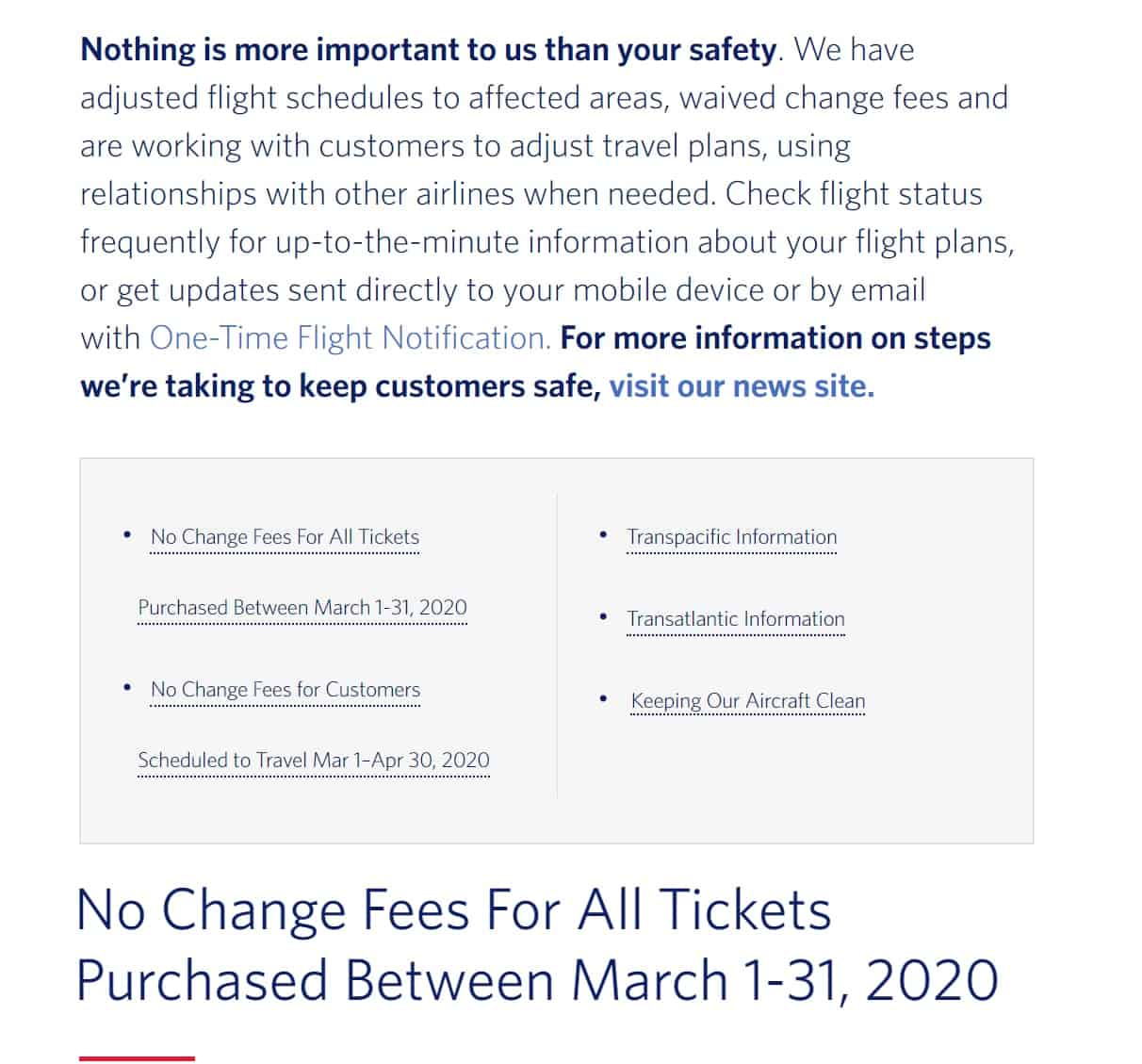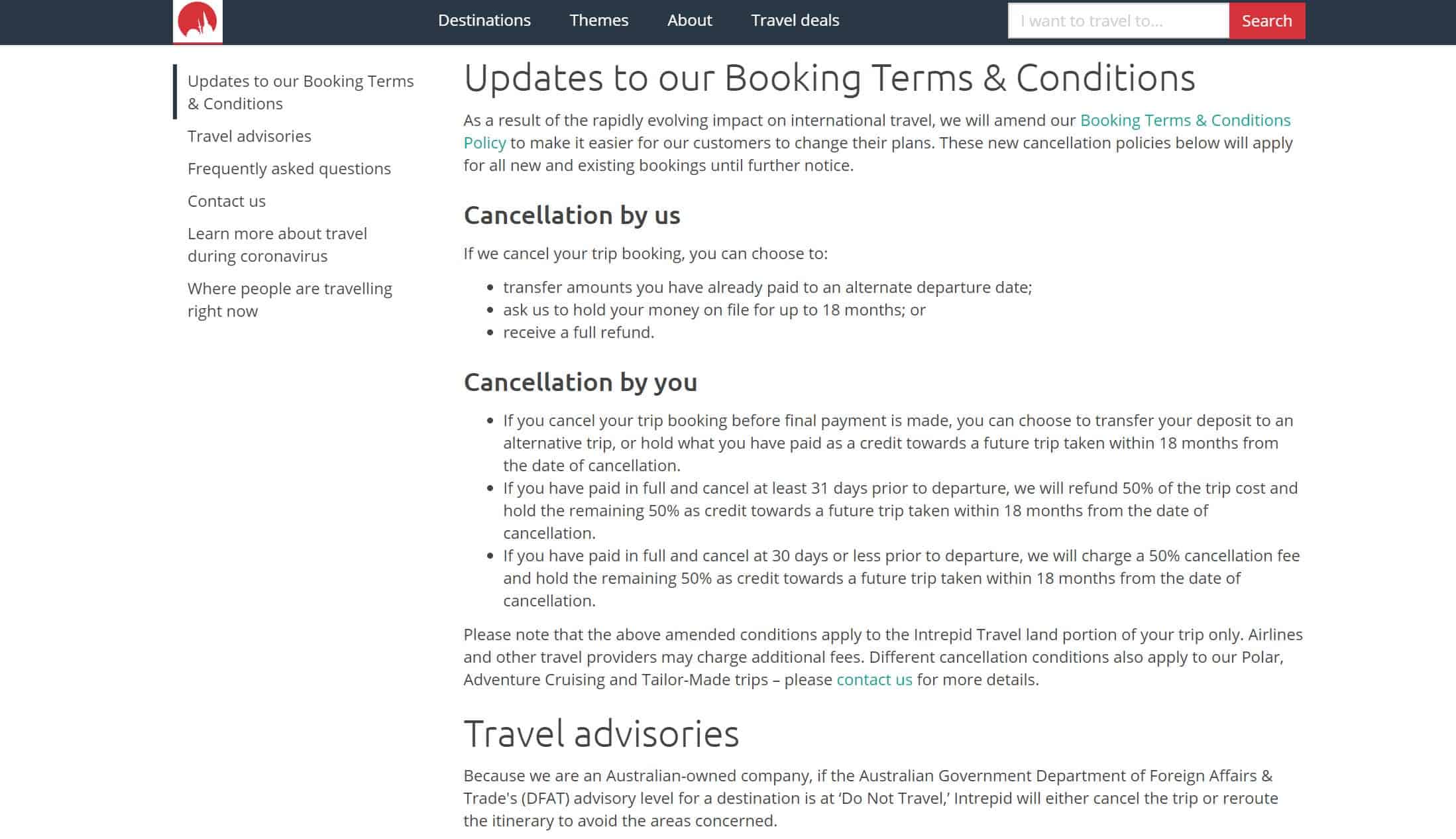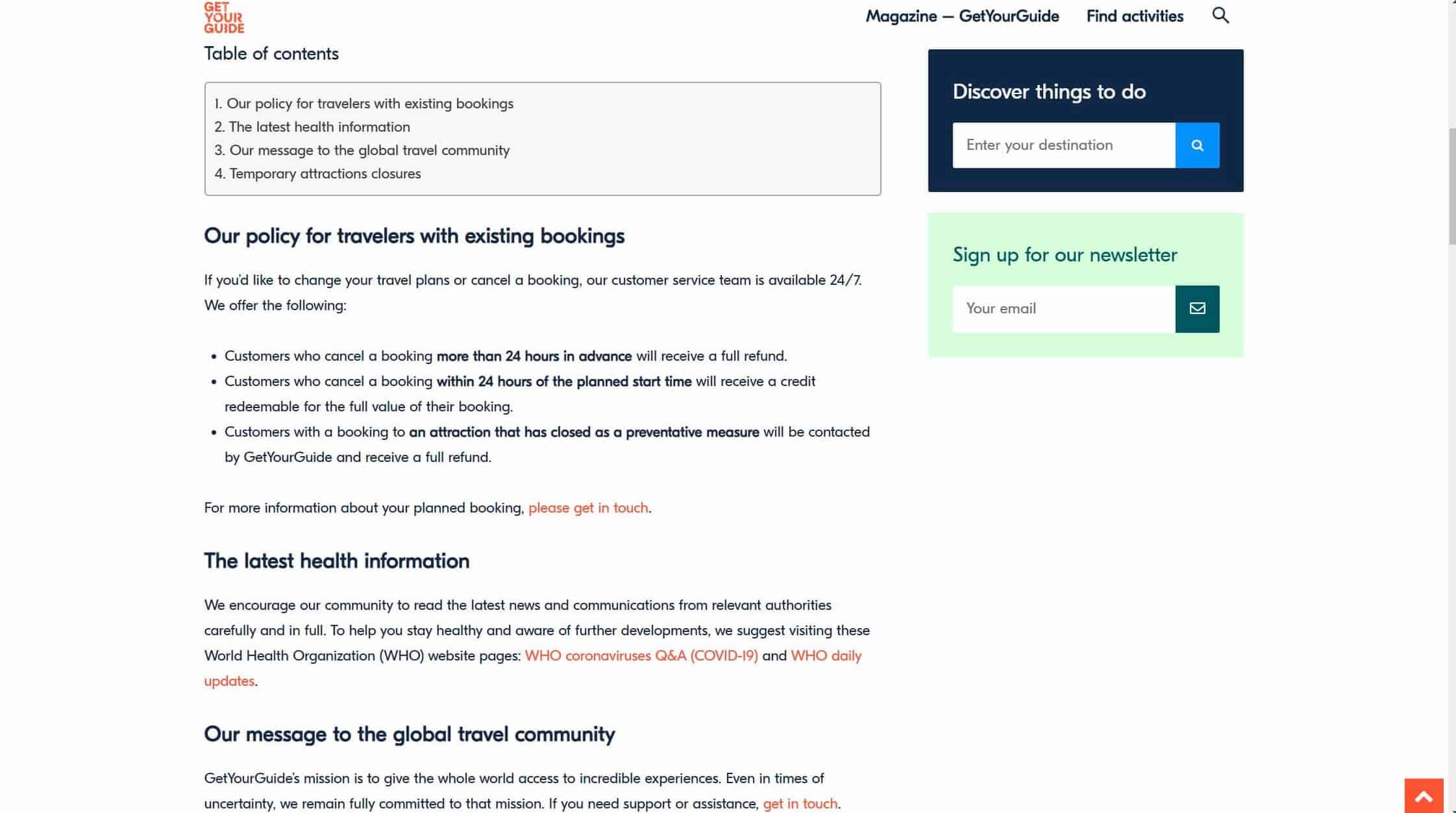No doubt, last week was one of the most challenging weeks in the tourism industry, and it’s going to continue for an indefinite period. Of course, the Coronavirus situation in China is bad enough. Still, its impact has now spread to numerous countries leaving travelers and tourism companies alike in a place of fear, uncertainty, and uneasiness. I’ve felt it personally, as a traveler and industry professional traveling to Berlin, learning about the cancellation of Arival, ITB and the Berlin Travel Festival and meeting tourism companies in the same situation.However, remember that this industry is resilient, and we have been here before – during the lows of economic recessions, in the face of SARS, Ebola, and the impact of 9/11. Our history shows that business will come back, it always does. But how you manage this situation now will have an effect on your business in the future. No one knows what will happen next, nor how long this disaster will last. In times of uncertainty, there is something that is your greatest asset.
Your greatest asset is communication, even when you don’t have all the answers.
And communication requires leadership because it’s going to need that you communicate in the absence of all the information. You will have to make some tough decisions, own up to the challenges, and ensure you are communicating authentically, regularly, and timely.
Communication Is Everything
Put yourself in the shoes of your travelers
(You are a traveler too)
-Travelers are going to have a lot of emotions. They just spent their hard-earned money and countless hours of planning their vacation. And this could be the one vacation they have of the year, the thing they are looking forward to – and it’s unclear as to whether they will enjoy it or not. How do you want to be treated if you were going on vacation, and this happened?
– They are thinking – can I postpone my travel? How much money am I going to lose? Will I be allowed into the country I am going to?, or will I be allowed to come back home? Will I be forced to go into quarantine? Do I even have the money in my health plan to pay for it? What if I bring something back home and infect my friends and family? And will I get a vacation this year?
– Unfortunately, one of the host hotels of the Arival conference in Berlin – took the wrong approach with the cancellation of their rooms. After the minister of health demanded the cancellation of the travel industry events – the hotel handled communication very poorly. Without any dialogue or empathy for the situation, the hotel didn’t budge its current and inflexible cancellation policy. This action caused more rifts with their guests (who will likely rebook later when the conference is rebooked). Instead, it created a very negative perception of their organization. Many attendees expressed doubt that they would stay at this hotel again, whether it was an inconvenience for them or not.
How you can help your future guests:
- Review and update your cancellation policies – and are they reasonable given the uncertainty of the current situation in the world? It is hard enough to find a new customer – how can you encourage your guest to postpone and rebook instead of canceling entirely? Especially when last-minute decisions may be the answer.
- For example: Think of the greater good – how can you make the customers still booked happy? Because if you cancel on them because it doesn’t meet your minimum bookings- is it worth canceling?
- Of course, costs are a consideration, but can you look at your total costs in your business to offset?
- Timeframe: In normal circumstances, you would look at how much time would you be able to secure a new booking? That should help drive whether your time frame is 24,48 or 72 hours. However, in unforeseen circumstances like this, how can you manage if you don’t get a new booking to replace it? Is it better to keep your seven happy customers that are booked, instead of the two that want to cancel?
- Make it easy for your guests to make changes – If they can’t do it online – do you expect them to be on the phone for hours to postpone (ideally or cancel)? What kind of message do you send when it’s not easy or straightforward?
- Encourage a postponement instead of cancellation –How you handle their requested changes is going to impact their views of the situation. Offer credit towards a future date first, but give them the leeway to make changes. If you don’t ask, you don’t get even if you could turn a small percentage of bookings to future credits, it’s better than nothing at all.
- The challenges that cancellations will cause this isn’t the time in crisis to protect yourself and recoup profits. However, you do need to look at your finances independently and look for ways to cut costs (especially fixed costs), share costs with industry partners, and look for solutions instead of burdening your guests in red tape and unreasonable cancellation policies.
Speak with your partners – You and your partners need to get on the same page. How can you manage the situation, collaborate on the cancellation policies, and at least ask for a credit instead of a full cancellation? Look what your partners, distributors, and how your Online travel agencies (OTAs) are handling the situation.
Put yourself in the shoes of your staff
-Your staff will be feeling their levels of anxiety. What is going to happen to their jobs? Are they equipped to manage the emotions of guests that want to postpone or cancel? What if they get sick and pass it one to their own families? There will be loads of personal and professional stress and worry going on here.
1. Take time out to talk to your staff frequently– face to face or video conference. Listen to their concerns and issues.
2. Get comfortable with saying you don’t have all the answers or solutions, and of course, the situation is very must fluid and uncertain. Things are going to change, and you can’t make any guarantees until you have more information.
3. Equip them with the information and communication scripts, they need to speak to your guests. Arm them with your approved communication. Emotions are very high right now, and managing the messages is the right way to do it.
Updated communication and policies in the industry:
Here are a few perspectives from the industry on how they are handling their communication and cancellation policies for the Covid virus.
Avianca Airlines – just released new policies for cancellations and changes, including waiving their cancellation fee.
Likewise Delta Airlines and many other airlines have published theirs – Delta has done a particularly good job to be very clear and it doesn’t come across like they are making many restrictions, but rather focusing on the the traveler.

Intrepid travel – rewrote their booking and cancellation policy and also their Frequently asked questions to address the issues on the minds of travelers.

Get your Guide – Made a point of sending a communication to their partners (tour and attractions) to explain what they were doing and recognized that this situation is abnormal and requires a different approach. – ie. “People are feeling nervous about travel, so we want to make sure we protect our customers and give them maximum flexibility whilst also supporting you as our valued partner. Although we don’t anticipate a rise in too many last-minute cancellations, the ability for customers to cancel within 24 hours is not designed to harm you. For now, our current policy is that we will still pay you for the booking even if the customer cancels and GetYourGuide will absorb this cost of issuing a voucher to the value of the experience booked”
Get your guide also communicated this on their website – to manage the situation:

How you can alleviate concerns of your guests?
Here is a template used by some tour operator clients to manage your guests’ concerns:
Dear (guest name),
Paragraph 1: Introduce yourself to address their concerns, stress, and issues they are facing, and they are a valued client.
Paragraph 2: How you are managing the situation within your control (cleaning, changing your policies, the seriousness you are placing on the situation)
Paragraph 3: Your policies and how you have given the flexibility to postpone, reassure that it is business as usual in your city or location (if that is the case)
Paragraph 4: Recognize that things could change – the situation is fluid and assure them you will communicate any changes and not to hesitate to contact you (email, phone, chat)
Thank them for their business
We would love to hear how you are managing the coronavirus in your area. How have you communicated to your staff and guests? How have you been able to alleviate the concerns and aftermath for this?








